Year 1
The English curriculum is built around the three interrelated strands of language, literature and literacy. Teaching and learning programs should balance and integrate all three strands. Together, the strands focus on developing students' knowledge, understanding and skills in listening, reading, viewing, speaking, writing and creating. Learning in English builds on concepts, skills and processes developed in earlier years, and teachers will revisit and strengthen these as needed.
In Year 1, students communicate with peers, teachers, known adults and students from other classes.
Students engage with a variety of texts for enjoyment. They listen to, read, view and interpret spoken, written and multimodal texts designed to entertain and inform. These encompass traditional oral texts including Aboriginal stories, picture books, various types of stories, rhyming verse, poetry, non-fiction, film, dramatic performances and texts used by students as models for constructing their own texts.
The range of literary texts for Foundation to Year 10 comprises Australian literature, including the oral narrative traditions of Aboriginal and Torres Strait Islander Peoples, as well as the contemporary literature of these two cultural groups, and classic and contemporary world literature, including texts from and about Asia. Literary texts that support and extend Year 1 students as independent readers involve straightforward sequences of events and everyday happenings with recognisably realistic or imaginary characters. Informative texts present a small amount of new content about familiar topics of interest and topics being studied in other areas of the curriculum. These include decodable and predictable texts which present a small range of language features, including simple and compound sentences, some unfamiliar vocabulary, a small number of high-frequency words and words that need to be decoded phonically, as well as illustrations and diagrams that support the printed text.
Students create a variety of imaginative, informative and persuasive texts including recounts, procedures, performances, literary retellings and poetry.
(source: www.australiancurriculum.edu.au)
Achievement Standard
Receptive modes (listening, reading and viewing)
By the end of Year 1, students understand the different purposes of texts. They make connections to personal experience when explaining characters and main events in short texts. They identify that texts serve different purposes and that this affects how they are organised. They describe characters, settings and events in different types of literature.
Students read aloud, with developing fluency. They read short texts with some unfamiliar vocabulary, simple and compound sentences and supportive images. When reading, they use knowledge of the relationship between sounds and letters, high-frequency words, sentence boundary punctuation and directionality to make meaning. They recall key ideas and recognise literal and implied meaning in texts. They listen to others when taking part in conversations, using appropriate language features and interaction skills.
Productive modes (speaking, writing and creating)
Students understand how characters in texts are developed and give reasons for personal preferences. They create texts that show understanding of the connection between writing, speech and images.
They create short texts for a small range of purposes. They interact in pair, group and class discussions, taking turns when responding. They make short presentations on familiar topics. When writing, students provide details about ideas or events, and details about the participants in those events. They accurately spell high-frequency words and words with regular spelling patterns. They use capital letters and full stops and form all upper- and lower-case letters correctly.
(source: www.australiancurriculum.edu.au)
- Plus Plan
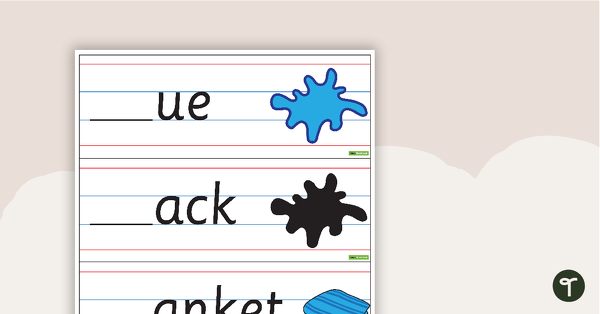
Initial L Blend Cards
A resource to help students identify the L blend at the beginning of a word.
- Plus Plan
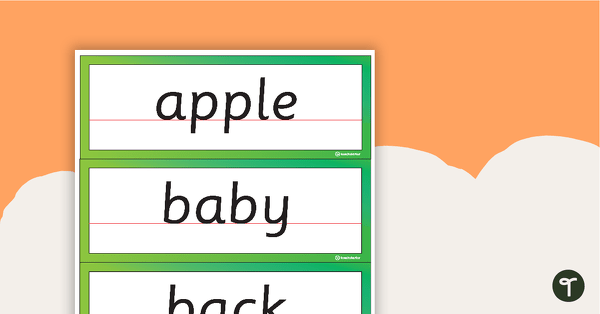
Sight Word Cards - Dolch Nouns
Dolch Nouns sight words on flash cards.
- Plus Plan
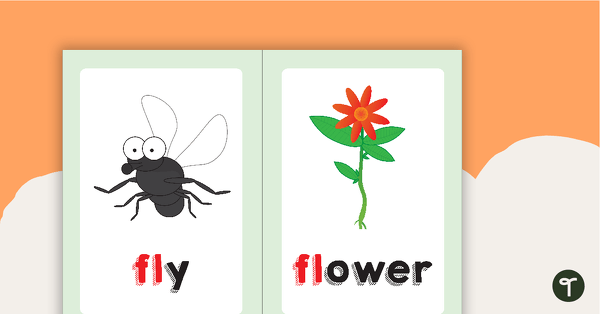
Fl Blend Flashcards
Thirteen flashcards showing fl blend words and pictures.
- Plus Plan
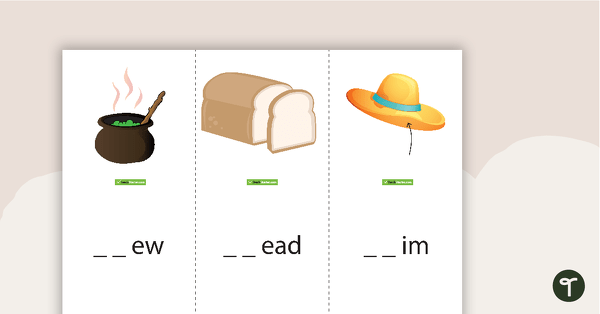
Initial Blends Match-Up Activity
A set of initial blends game cards.
- Plus Plan
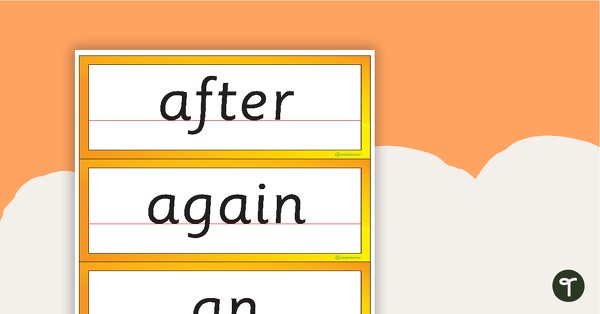
Sight Word Cards - Dolch Year 1
Dolch Year 1 sight words on flash cards.
- Plus Plan
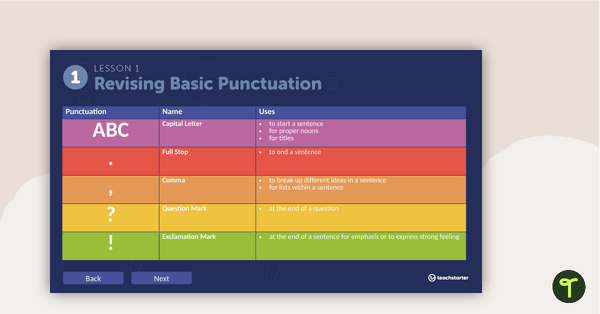
Paragraph Study Punctuation Interactive PowerPoint
Interactive PowerPoint presentation allowing teachers and students to learn and revise punctuation by highlighting paragraphs.
- Plus Plan
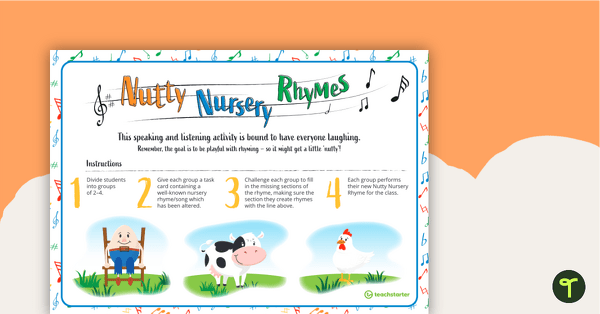
Nutty Nursery Rhymes Speaking and Listening Activity
A set of eight nursery rhyme cards which have been modified for a speaking activity.
- Plus Plan
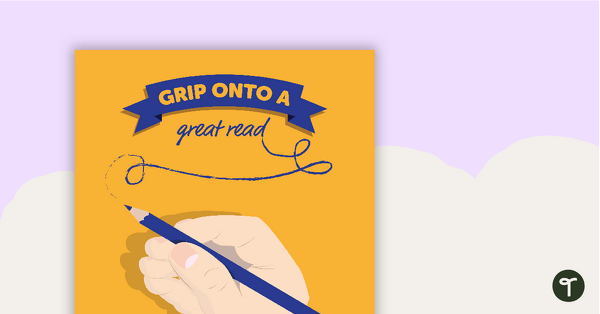
Pencil Themed - Book Report Template and Poster
A fun pencil themed poster with 3 book report templates to use when responding to literature.
- Plus Plan
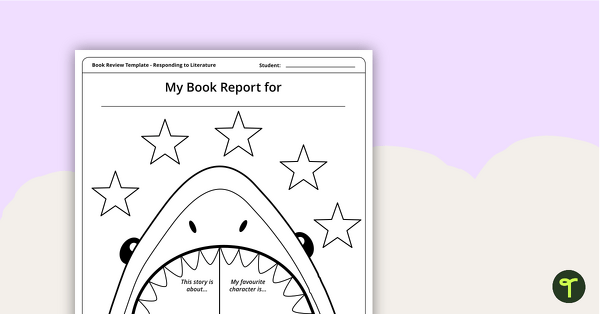
Shark Themed - Book Report Template and Poster
A fun shark themed poster with 3 book report templates to use when responding to literature.
- Plus Plan
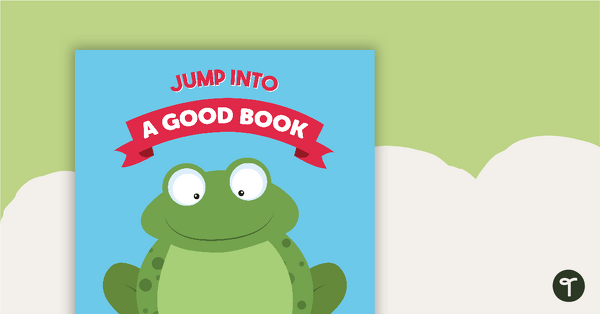
Frog Themed - Book Report Template and Poster
A fun frog themed poster with 3 book report templates to use when responding to literature.
- Plus Plan
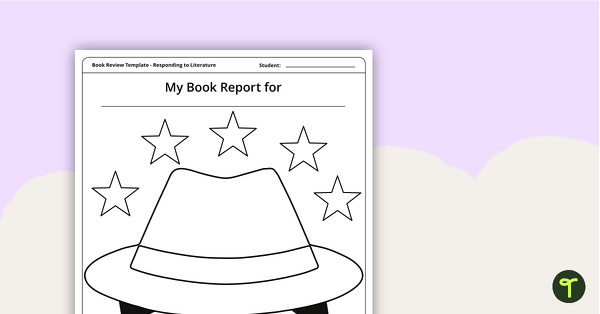
Detective Themed - Book Report Template and Poster
A fun detective themed poster with 3 book report templates to use when responding to literature.
- Plus Plan
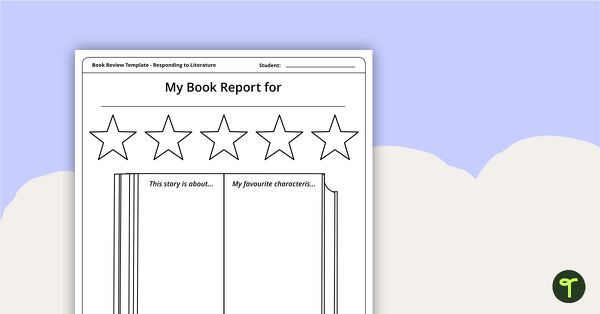
Book Worm Themed - Book Report Template and Poster
A fun book worm themed poster with 3 book report templates to use when responding to literature.
- Plus Plan
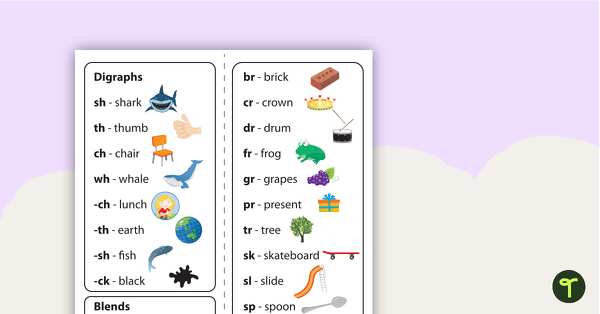
Common Digraphs and Blends Bookmarks
These bookmarks are designed to help students remember some of the most common blends and digraphs while reading.
- Plus Plan
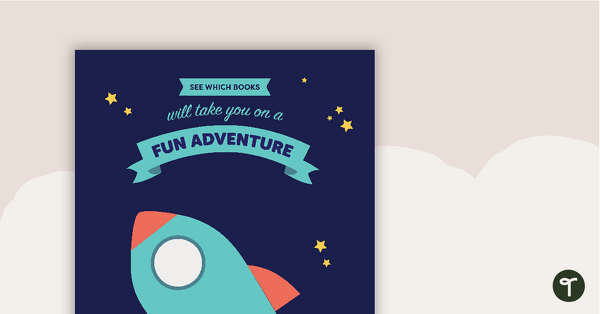
Rocket Themed - Book Report Template and Poster
A fun rocket themed poster with 3 book report templates to use when responding to literature.
- Plus Plan
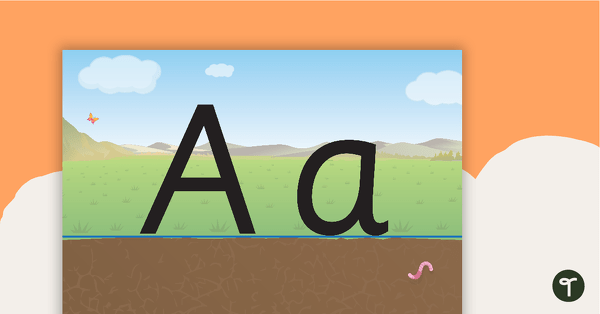
Handwriting Posters - Dirt, Grass and Sky Background
Handwriting posters using a dirt, grass and sky background.
- Plus Plan
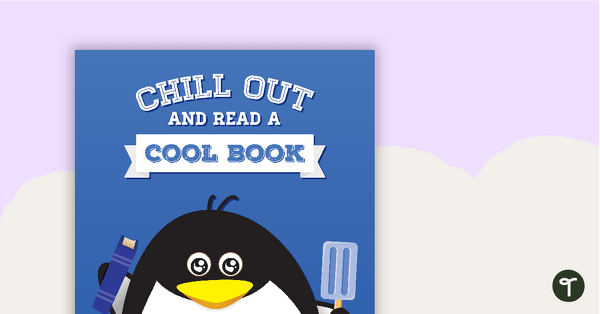
Penguin Themed - Book Report Template and Poster
A fun penguin themed poster with 3 book report templates to use when responding to literature.
- Plus Plan
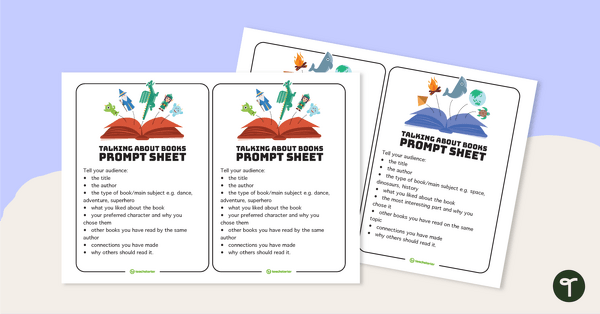
Talking About Books Prompts
Share a love of reading and expose students to new books with these book talk prompts.
- Plus Plan
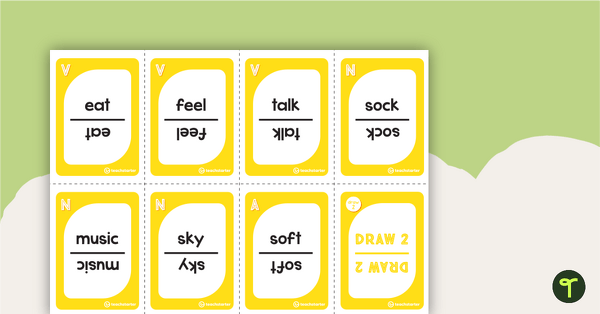
Parts of Speech Card Game – Lower Years Classroom Game
A card game for nouns, verbs and adjectives.
- Plus Plan
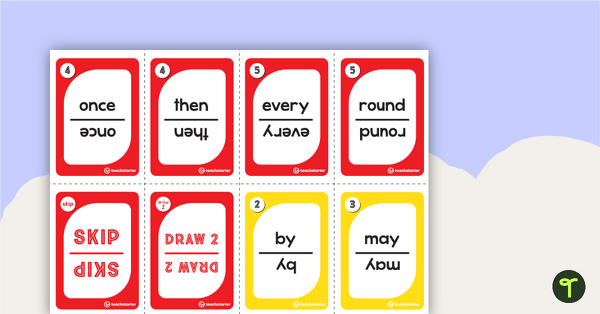
Dolch Words Card Game – Classroom Game
A card game for dolch sight words.
- Plus Plan
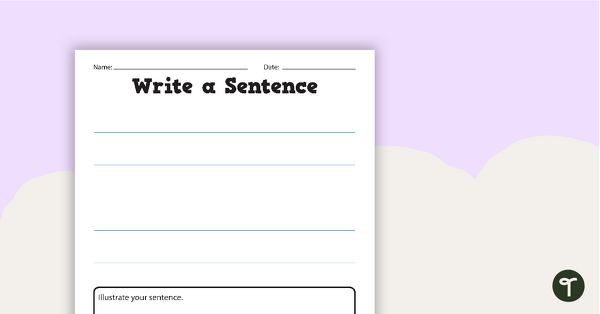
Write A Sentence Worksheet
A worksheet for beginner writers to practice their handwriting.
- Plus Plan
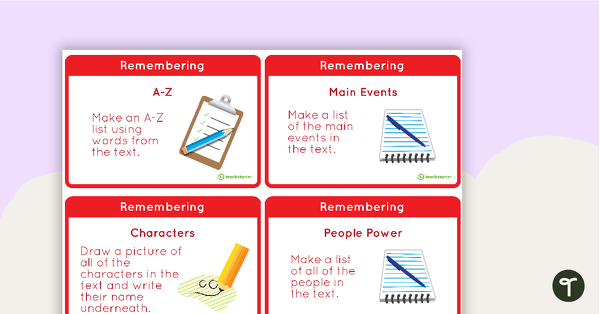
Bloom's Taxonomy Fast Finisher Task Cards - Lower Years
32 Bloom's Taxonomy fast finisher activity cards.
- Plus Plan
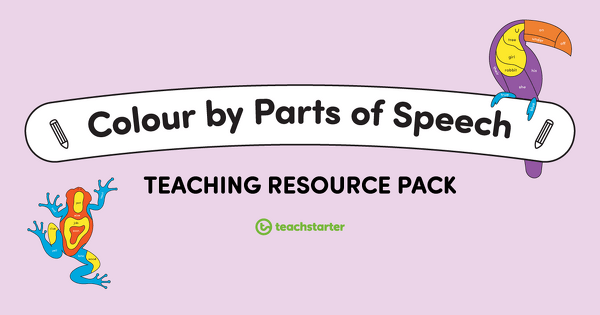
Colour by Parts of Speech Teaching Resource Pack
A collection of colouring worksheets that use parts of speech as indicators.
- Plus Plan

Readers' Theatre - Teaching Resource Pack
A comprehensive pack of 33 readers' theatre scripts, catering to a range of age groups and ability levels.
- Plus Plan
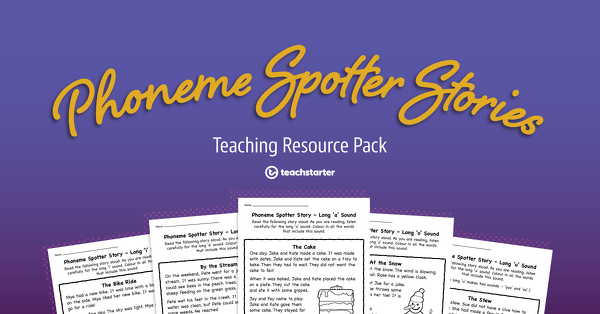
Phoneme Spotter Stories Teaching Resource Pack
A collection of decodable texts featuring various phonemes.
- Plus Plan
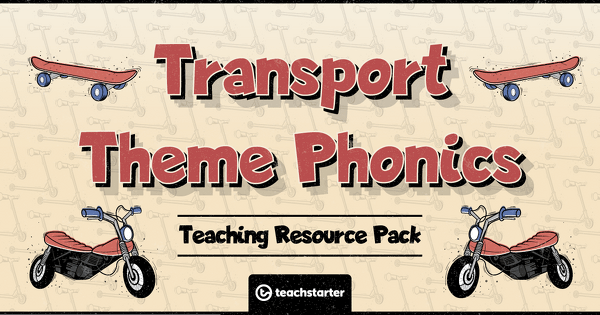
Transport Theme Phonics Resource Pack
A collection of hands-on activities and games targeted at upper years students who would benefit from consolidating their knowledge of phonics.
- Plus Plan

NAIDOC Week 2021 Teaching Resource Pack
A NAIDOC Week 2021 teaching resource pack that contains activities, worksheets and information for your students.
- Plus Plan
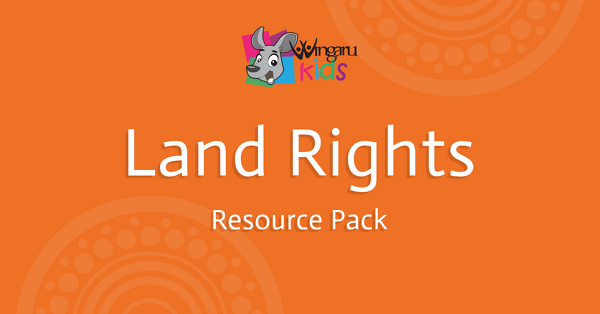
NAIDOC Week Land Rights Teaching Resource Pack
Wingaru Education has put together a timeline of Aboriginal land rights events. From the time of Cook’s intrusive exploration and the subsequent invasion by the First Fleet, land has been taken from Aboriginal People against their will. There are a number of ways to delve into this topic with your class.
- Plus Plan
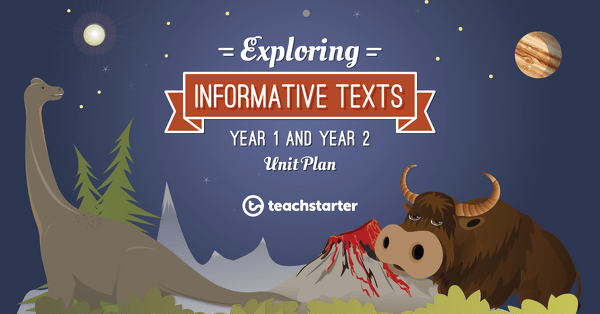
Exploring Informative Texts Unit Plan - Year 1 and Year 2
This English unit has been designed to introduce the informative genre to younger students; specifically, the purpose, structure and language features of information reports.
- Plus Plan
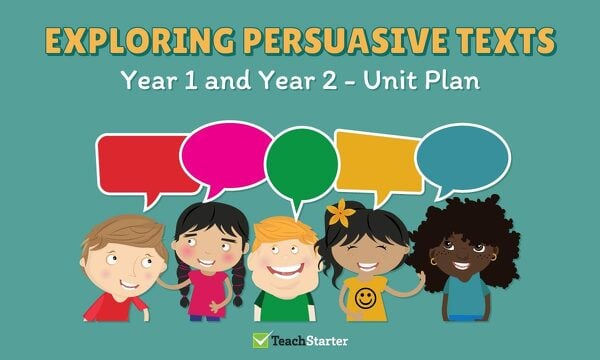
Exploring Persuasive Texts Unit Plan - Year 1 and Year 2
This English unit has been designed to introduce the persuasive genre to younger students; specifically, the purpose, structure and language features of persuasive texts.
- Plus Plan
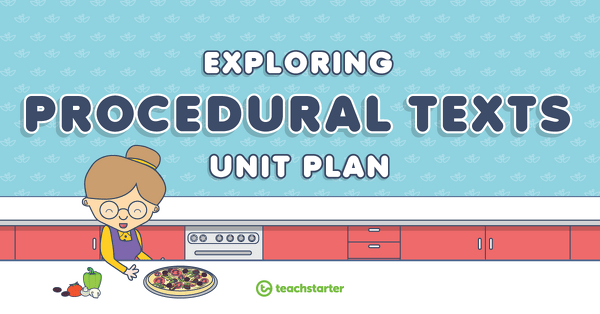
Exploring Procedural Texts Unit Plan
This English unit has been designed to introduce procedural texts to younger students. It addresses the purpose, structure and language features of instructions and recipes.
- Plus Plan
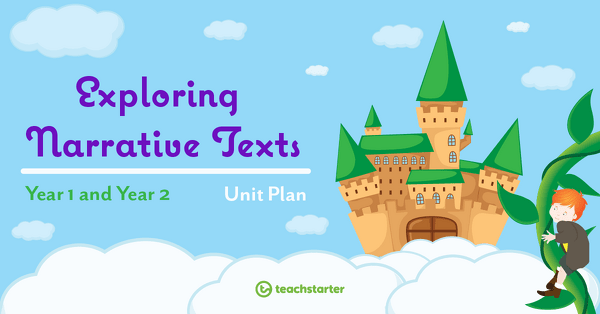
Exploring Narrative Texts Unit Plan - Year 1 and Year 2
This English unit uses fairy tales to introduce the narrative text type to younger students. It addresses the structure, characters and language features of a narrative.
- Plus Plan
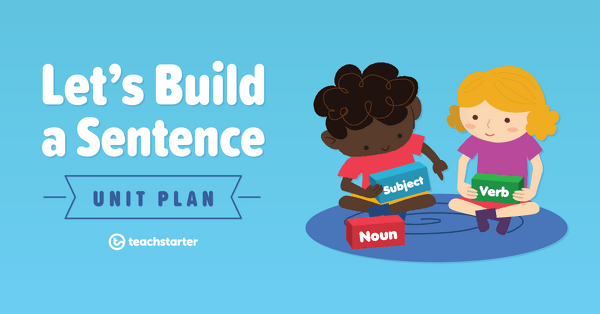
Let's Build a Sentence Unit Plan
This English unit has been designed to introduce the key components of simple and compound sentences to younger students; specifically, capital letters and punctuation; verbs, nouns, adjectives and conjunctions.